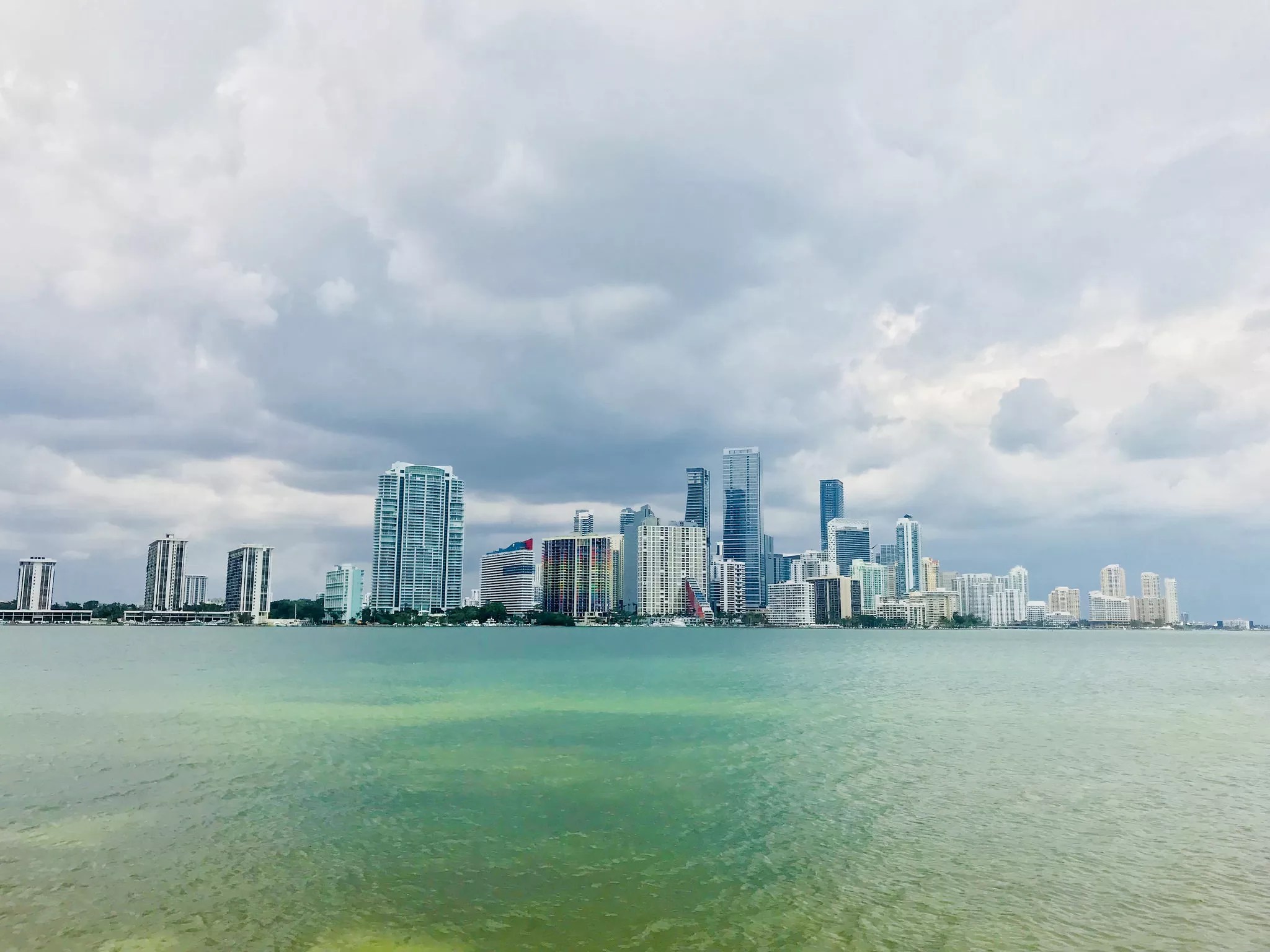
Photo by John Smith / Flickr

Audio By Carbonatix
Miami is a worldwide tourist destination for its beautiful beaches and clean water – but nobody can enjoy it when shit is spilling into the bay. Aging pipes installed near Oleta River State Park in the ‘960s ruptured last month, resulting in 1.5 million gallons of raw sewage leaking into the Oleta River and Biscayne Bay.
The Oleta pipe breach is just one example of water-quality problems in Miami-Dade County. Aging infrastructure and an underfunded Water and Sewer Department (WASD) have led to repeated warnings all summer that Miami’s waters are not safe for swimming. Yet the county is not recommending adding extra money to WASD’s budget to maintain or replace old sewer pipes and is actually considering slashing funding in its upcoming budget meeting tomorrow.
“Clean water is what makes Miami, Miami,” says Kelly Cox, general counsel for Miami Waterkeeper. “We have a clean-water economy in Miami, and tourism, real estate, commercial fishing, and recreational activities are actively compromised by the condition of the water.”
Within the past 30 days alone, there have been four major incidents reported to WASD due to broken sewage infrastructure. Inferior asbestos-cement pipe material resulted in the discharge of 154,000 gallons on SW 112th Street, and a leaking release valve on SW 128th Street led to a spill of 13,200 gallons of raw sewage. A leaking sewer tap caused 33,826 gallons to spill near NE 192 Street and West Country Club Drive, and a broken air-release valve led to a 591-gallon leak from Key Biscayne.
Cox says the proposed budget cut is “just another setback” for WASD.
“This is an opportunity to invest in our water resources, cut down the backlog of needed projects, and be proactive in proper maintenance of the pipes, but instead we’re slicing the budget,” she says.
Cox says the ideal scenario would be to reallocate funds to repair projects and promote septic-to-sewer conversion. Miami’s water issues are compounded by a septic system that the Florida Department of Health found to be vulnerable to sea-level rise and a public health and safety concern. Old septic tanks are a major source of bacteria and “nutrients” leaking into the water.
“WASD oversees the keys to saving Biscayne Bay,” Cox says. “We can protect the bay by maintaining our sewer system.”
A public hearing on the proposed budget is scheduled for tomorrow at 5 p.m.